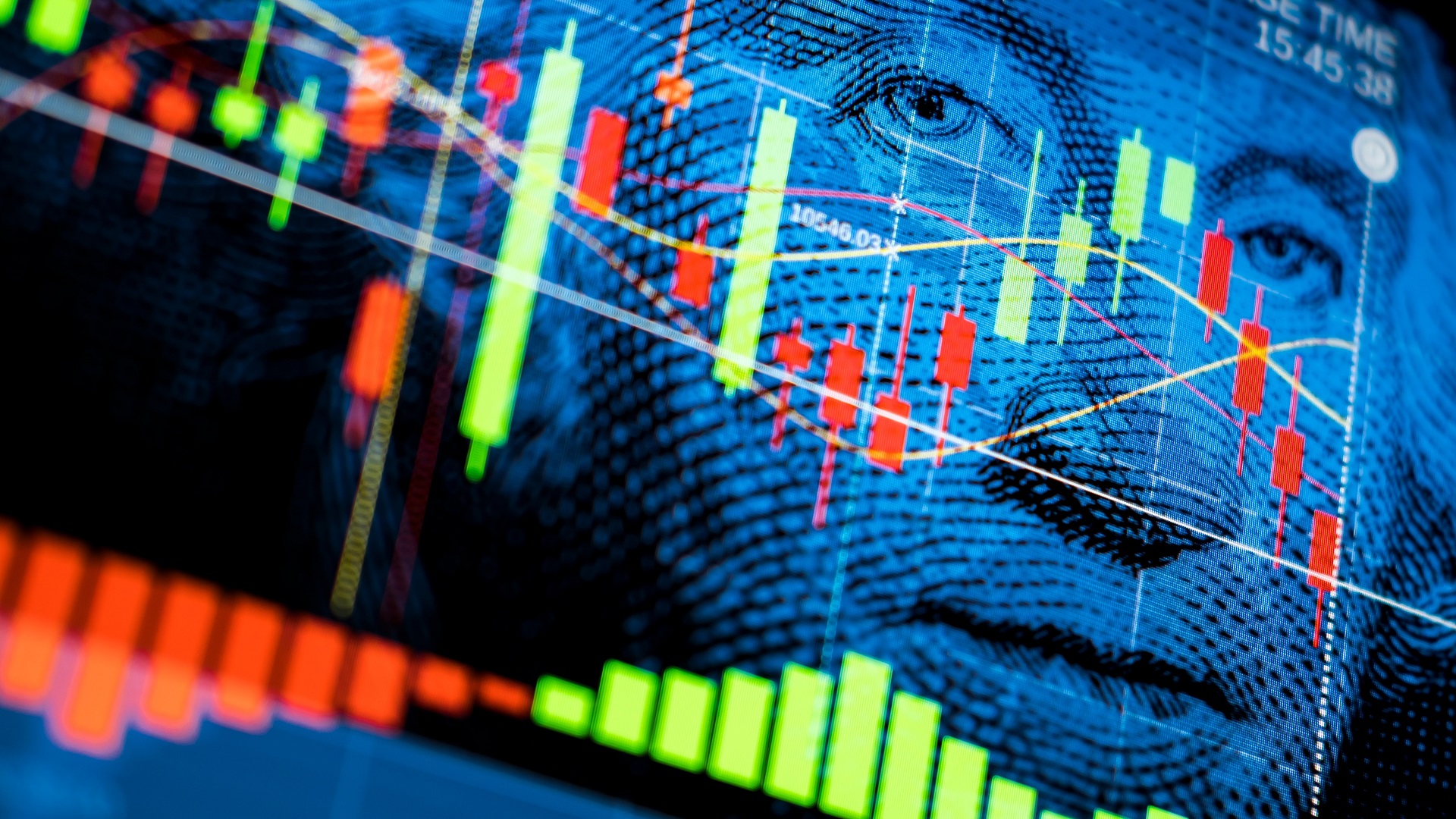
Minimum wage is the lowest wage an employer is legally allowed to pay their workers. Over the decades, Congress has periodically raised the federal minimum wage, but those increases have rarely kept pace with the rising cost of living.
Learn More: I Asked ChatGPT If a Recession Is Coming Soon — Here’s What It Said
Read Next: 6 Big Shakeups Coming to Social Security in 2025
As of 2025, the federal minimum wage remains at $7.25 per hour, a figure that hasn’t changed since 2009. Since then, its purchasing power has declined by 30% and nearly 40% since its peak value in 1968, according to the Center for American Progress (CAP).
So what would happen if laws changed to allow minimum wage to rise at the same rate as inflation? Here’s what ChatGPT had to say.
Possible Advantages
According to AI, millions of workers today might enjoy more economic security and less reliance on public assistance if the minimum wage had risen with inflation. It pointed out these potential positives.
- Improved purchasing power: ChatGPT pointed out that if the minimum wage had kept up with inflation, workers earning the lowest legal wage would have maintained the same buying power over time. For example, it noted that the $1.60 minimum wage in 1968 would be worth nearly $15 today — nearly double the current federal rate.
- Reduced reliance on government assistance: As of 2025, the federal minimum wage is considered a “poverty wage,” according to the Economic Policy Institute (EPI). A single, full-time working adult earning $7.25 per hour now falls below the poverty threshold of $15,650. Raising the minimum wage to match inflation could lift millions above the poverty line and reduce dependence on safety net programs like food stamps and Medicaid, ChatGPT said.
- Boosted consumer spending: An EPI report shows that raising the federal minimum wage to $17 by 2030 would impact over 22.2 million workers and provide an additional $70 billion annually in wages. “Low-wage earners tend to spend most of their income, rather than saving it,” ChatGPT said. “Indexing the minimum wage to inflation would give them more spending power over time, which in turn stimulates the broader economy.”
Check Out: J.P. Morgan — 3 Reasons the US Dollar Is Losing Value — and Why It Might Be Good for Your Wallet
Potential Drawbacks
At the same time, ChatGPT emphasized that such a policy would require careful implementation to avoid negative side effects like job losses or inflationary spirals. Here are the potential downsides.
- Risk of job loss: Mandatory inflation-based wage increases could put pressure on small businesses, especially in industries like retail, food service and hospitality, ChatGPT pointed out. Although increasing the minimum wage to $17 would raise wages for millions of workers, it could result in as many as 1.2 million jobs lost, according to EPI.
- Pressure on younger and entry-level workers: As wages rise, ChatGPT noted that employers may become more selective in hiring. “Higher wage floors can lead businesses to prioritize experience or automation over training new workers,” it stated. According to MinimumWage.com, a project of EPI, a University of California-Irvine study analyzed 30 years of studies on the topic and found that a large majority of minimum wage hikes cause job losses.
- Regional disparities: While many states set their own minimum wages above the federal level, tying the federal wage to inflation could create challenges in lower-cost areas. “A federally indexed wage would act as a universal floor, and in states that rely on the federal minimum — like Texas, Georgia or Mississippi — employers might struggle more with wage hikes than those in wealthier, high-cost states,” ChatGPT said.
More From GOBankingRates
- New Law Could Make Electricity Bills Skyrocket in These 4 States
- I'm an Economist: Here's When Tariff Price Hikes Will Start Hitting Your Wallet
- 5 Strategies High-Net-Worth Families Use To Build Generational Wealth
- How Far $750K Plus Social Security Goes in Retirement in Every US Region
This article originally appeared on GOBankingRates.com: I Asked ChatGPT What Would Happen If Minimum Wage Rose at the Same Rate of Inflation — Here’s What It Said







